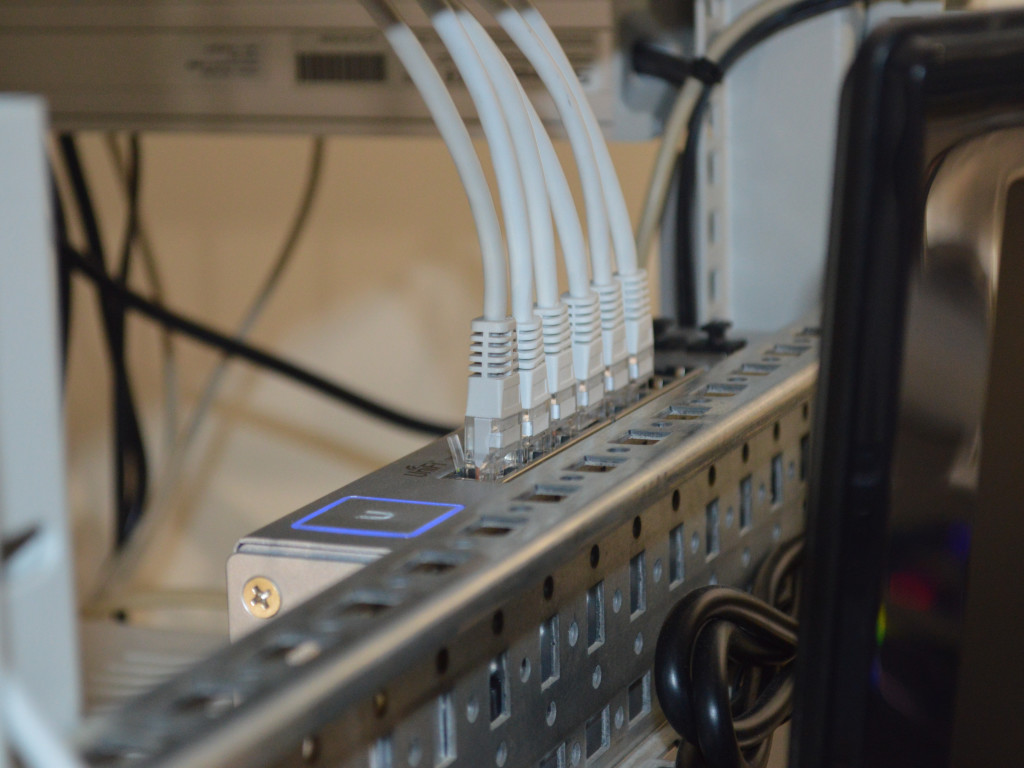Time Management Hacks for an Organized, Stress-Free Life

In a world that spins at breakneck speed, our days seem to evaporate like morning dew under a blazing sun. Have you ever wished for a magical wand to stretch those fleeting moments, crafting more hours from the ether? What if we told you that nestled within your daily chaos lies the alchemy to transform your ticking clock into a symphony of serenity and efficiency?
This article is your modern-day manual to mastering the minutes and conquering the clock! Welcome to your future, where time is not only on your side but dances to your tune.
Prioritizing and Setting Goals
Prioritizing tasks and setting clear goals are essential for effective time management. When we have a clear understanding of what needs to be done and what is most important, we can allocate our time and energy accordingly. Here are some tips on how to identify and prioritize important tasks:
1. Make a to-do list.
Start by making a list of all the tasks you need to accomplish. This will help you visualize everything that needs to be done and prevent anything from slipping through the cracks.
2. Determine urgency and importance.
Assess each task on your list and determine its urgency and importance. Urgent tasks require immediate attention, while important tasks align with your long-term goals and values.
3. Use the Eisenhower Matrix.
The Eisenhower Matrix is a simple tool for prioritizing tasks based on their urgency and importance. It divides tasks into four categories: urgent and important, important but not urgent, urgent but not important, and neither urgent nor important. By categorizing tasks in this way, you can focus on what truly matters and avoid wasting time on unimportant or non-urgent tasks.
4. Apply the SMART goal-setting technique.
SMART stands for Specific, Measurable, Achievable, Relevant, and Time-bound. When setting goals, make sure they are specific, measurable, achievable, relevant to your overall objectives, and have a clear deadline. This technique helps you set clear and actionable goals, making it easier to prioritize your tasks and manage your time effectively.
Creating a Schedule and Sticking to It
Creating a schedule is a powerful tool for managing your time effectively. It helps you allocate your time to different tasks and activities, ensuring that you have enough time for everything that needs to be done. Here are some practical tips on how to create an effective schedule:
1. Time Blocking
Time blocking involves dividing your day into specific blocks of time dedicated to different tasks or activities. For example, you can allocate a block of time in the morning for focused work, another block for meetings and collaboration, and another block for personal activities or self-care. By assigning specific time slots to different tasks, you can ensure that you have dedicated time for each activity and avoid overcommitting yourself.
2. Productivity Tools
Numerous productivity tools are available that can help you create and manage your schedule effectively. These tools often come with features such as reminders, notifications, and the ability to sync across devices. Some popular productivity tools include Google Calendar, Trello, and Todoist. Experiment with different tools and find the one that works best for you.
3. Time Management
It's important to remember that breaks and self-care activities are just as important as work tasks. Schedule regular breaks throughout your day to rest and recharge. Additionally, make sure to allocate time for activities that promote your well-being, such as exercise, meditation, or spending time with loved ones. By prioritizing self-care, you'll be better equipped to handle your tasks and responsibilities.
Minimizing Distractions
In today's digital age, distractions are everywhere, making it challenging to stay focused and manage our time effectively. Common distractions include social media notifications, emails, phone calls, and even the people around us. To maximize productivity and maintain an organized, stress-free life, it is crucial to minimize these distractions.
1. Turn off notifications.
Disable notifications on your electronic devices to minimize distractions. This will prevent you from being constantly disrupted by incoming messages or updates, allowing you to focus solely on the task at hand.
2. Create a dedicated workspace.
Allocate an area in your home or office strictly for work. This space should be free of clutter and visual distractions. Having a dedicated workspace helps train your mind to associate that area with work, enhancing your focus and productivity.
3. Practice self-discipline.
Resist the temptation to check social media or engage in non-work-related activities when boredom or fatigue sets in. By exercising self-discipline and staying committed to your schedule and goals, you can effectively minimize distractions and maintain productivity.
Delegating and Outsourcing
One of the most effective ways to manage your time efficiently is by delegating tasks and outsourcing responsibilities. Delegation involves assigning tasks to others who are capable of completing them, while outsourcing involves hiring external individuals or companies to handle specific tasks or projects. By doing so, you can free up your time and focus on more important or high-priority tasks.
1. Benefits of Delegating Tasks
Delegating tasks helps distribute the workload, preventing you from becoming overwhelmed. It allows you to leverage other people's skills and expertise for efficient and effective task completion. Furthermore, it encourages teamwork and collaboration by urging individuals to work together towards a common goal.
2. Identify Delegable Tasks
Begin by assessing your strengths and weaknesses. Determine which tasks match your skills and expertise, and delegate those that others can handle better. Consider the time and effort required for each task; if a task is time-consuming or outside your expertise, it might be more efficient to delegate.
3. Outsourcing Requires Communication and Trust
When delegating tasks, clear communication and trust are vital. Make sure to articulate your expectations, deadlines, and any specific requirements to the individuals or companies you're delegating to. Building trust ensures that the tasks will be completed satisfactorily and within the agreed timeframe.
To a Future Where Every Second Sparkles!
Effective time management is crucial for maintaining an organized and stress-free life. By prioritizing tasks, setting clear goals, creating a schedule, minimizing distractions, and delegating or outsourcing responsibilities, individuals can significantly improve their productivity and overall well-being.
By implementing these time management hacks, you can transform your life into one that is organized, productive, and stress-free. So, what are you waiting for? Take control of your time and start living the life you've always wanted!







